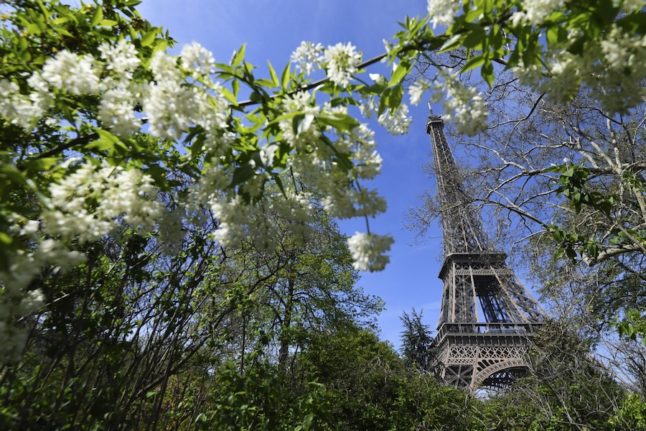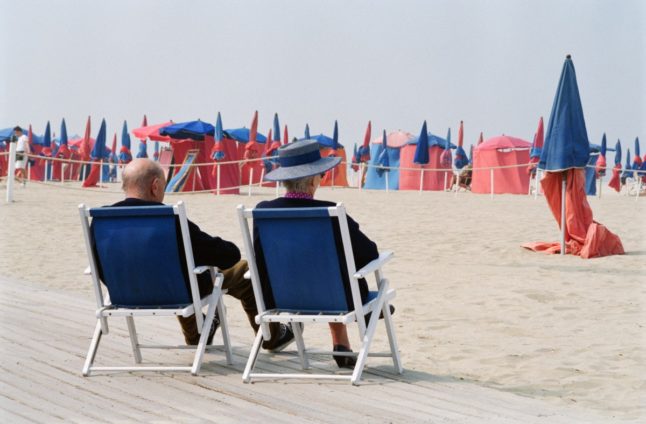La Belle Vie is our regular look at the real culture of France – from language to cuisine, manners to films. This newsletter is published weekly and you can receive it directly to your inbox, by going to your newsletter preferences in “My account”.
The spring Equinox has now passed: flowers are blooming, temperatures are rising, and the days are finally starting to feel a little longer.
In my hometown, spring means baseball season, driving down to DC to see the cherry blossoms and maybe spotting some baby deer wandering around with their mothers. In France, however, the start of spring has some very different tell-tale signs.
10 signs spring has arrived in France
Pétanque is perhaps the easiest way to see French people embracing the arrival of spring. As the weather warms up, you’ll see more and more people out and about with their pétanque sets.
The Local’s office sits along the Canal Ourcq in Paris. If you look out the window during the early evening in mid-March or early April, the flat, dusty area next to the water will be teeming with people (both old and young) out for a game of pétanque.
10 things you probably didn’t know about Pétanque
Another important event in France’s cultural calendar takes place every March 20th – International Francophonie Day. It is the one day of the year where people celebrate the French language and Francophone culture.
We’ve put together some figures to show just how global the French language really is, plus how the Francophone world might evolve in the future.
The numbers that tell the story of the French language in 2024
And on the topic of numbers – I am often asked about how much money one needs to live a good life in France. While wages are notably lower than in the United States, but I’ve found that people can achieve a decent quality of life even on a lower salary than they would be used to.
Still – you might be curious to see what is considered ‘wealthy’ by French standards.
How much money do you need to be considered rich in France?
When looking through that information, keep in mind that being ‘wealthy’ can be defined differently if you are looking at Paris versus the countryside.
There is even a difference in income when looking at central Paris compared with the outer arrondissements.
I live in north-eastern Paris, and while this choice was definitely related to affordability, I really enjoy the off-the-beaten track parts of the city. I was very excited to see the ‘coolest street in Paris’ (according to Time Out magazine) is a bustling road that straddles the 19th and 20th arrondissements.
Discover the ‘coolest street in Paris’
Depending on who you speak with, some people might tell you to stay away from northern Paris out of safety concerns. I’ll kindly disagree with that advice – I think there are some really wonderful things to see in the areas you might otherwise avoid. In reality, crime rates in Paris tend to boil down to pickpocketing, which can be avoided if you keep an eye (and hand) on your belongings.
In general, when it comes to global rankings, France still performs better than both the United States and United Kingdom, but there are some parts of the country that have been recognised as being especially safe and crime-free.



 Please whitelist us to continue reading.
Please whitelist us to continue reading.
Member comments